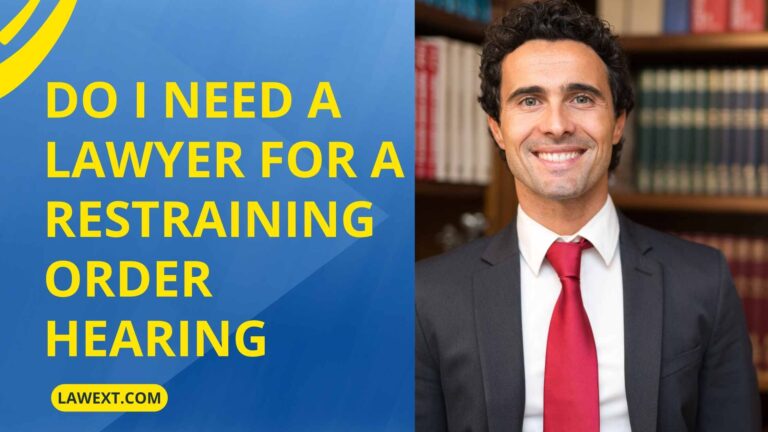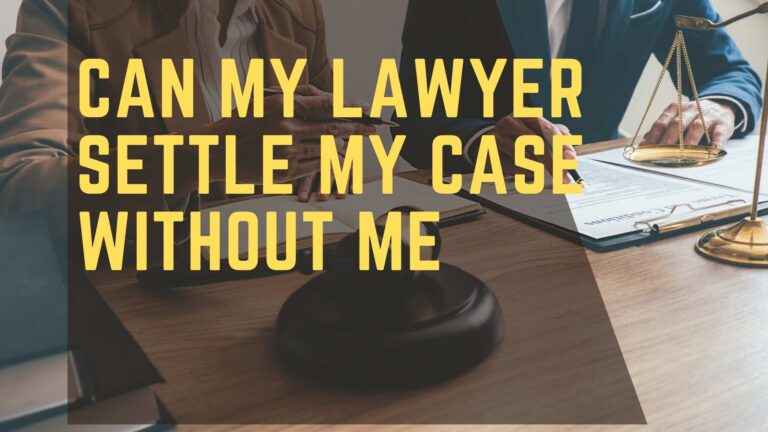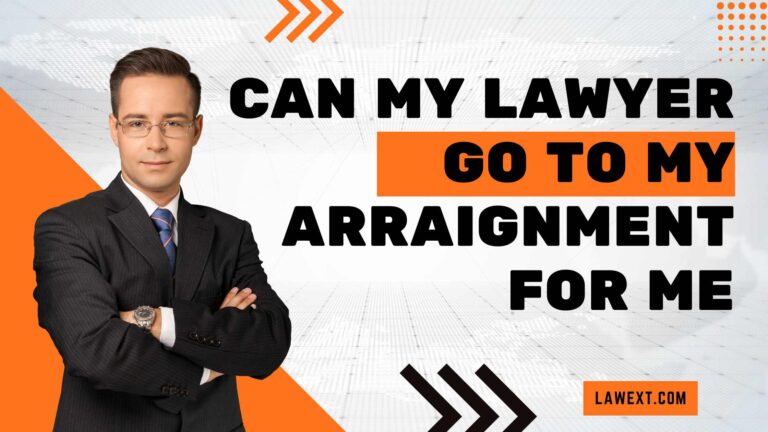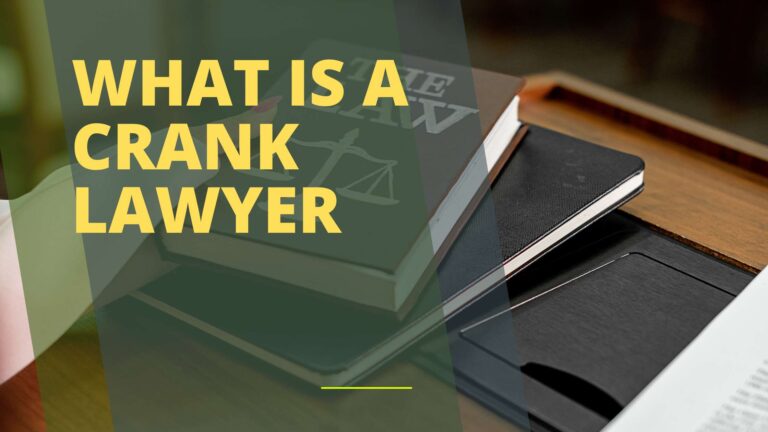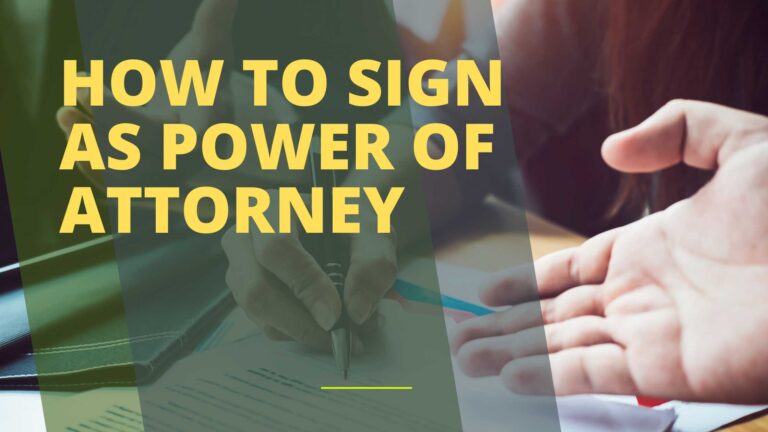Can Police Lie to Your Lawyer?
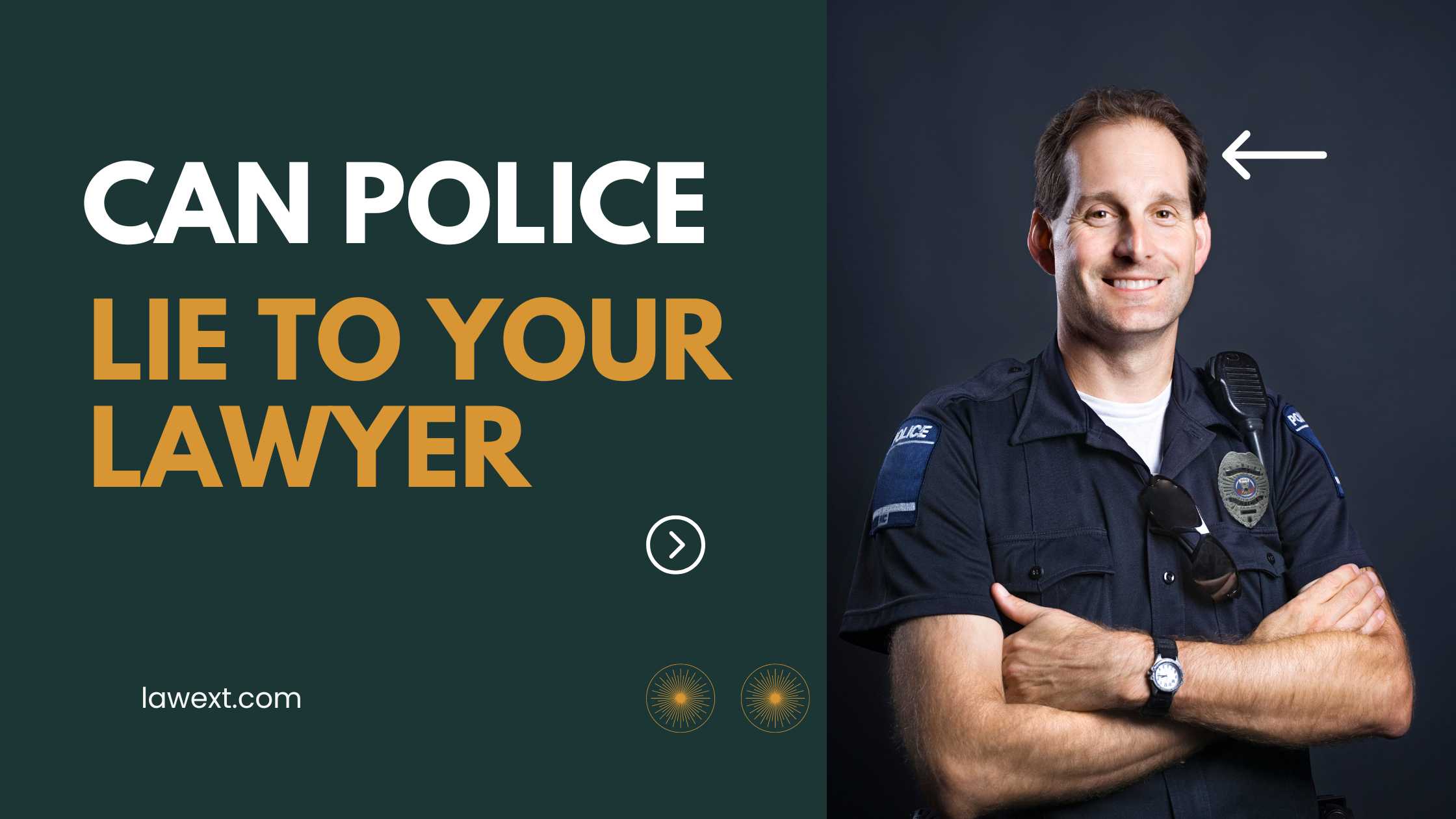
Yes, police can legally lie to your lawyer if it aids in their investigation. The police have the authority to deceive your lawyer within the confines of the law in order to obtain information or coerce a confession.
Table of Contents
Can Police Lie to Your Lawyer? While it may seem unfair, this tactic is often used as an interrogation technique to elicit the truth from a suspect. However, it is essential to consult with an experienced defense attorney who can guide you through the legal process and protect your rights.
Understanding the potential for deception by law enforcement can help you navigate the legal system more effectively.
The Role Of The Police In The Legal Process
The role of the police in the legal process includes the potential for them to deceive your lawyer. It’s important to be aware of this possibility when dealing with law enforcement.
Police As Investigators
When it comes to the legal process, the police play a crucial role as investigators. They are responsible for gathering evidence, interviewing witnesses, and compiling details that will be used to build a case against a suspect. As protectors of the law, the police have the power to arrest individuals who are suspected of committing a crime and bring them to justice.
During the investigation process, police officers are trained to follow specific procedures and guidelines to ensure accuracy and lawfulness. They meticulously collect relevant evidence, such as eyewitness testimonies, physical proof, and digital data, to support their case. This evidence is then presented to legal professionals, including defense lawyers, who review it to determine the best course of action.
Police Interactions With Lawyers
Interactions between the police and lawyers hold significant weight in the legal process. Lawyers have the responsibility to advocate for their clients, ensuring that their rights are protected and that they receive a fair trial. When defending their clients, lawyers often rely on access to accurate information.
Police officers understand the importance of transparency and cooperation when dealing with lawyers. They must provide lawyers with accurate and reliable information, allowing them to effectively represent their clients. This includes sharing specific details related to the case, such as evidence, witness statements, and any other pertinent information.
However, it is important to note that police officers are not obligated to reveal every minute detail during an ongoing investigation. They have the discretion to withhold certain information if they believe it could impede the investigation or put individuals in danger.
In some cases, police may even resort to deception or misdirection during their interactions with lawyers. While this may raise ethical concerns, it is not uncommon for police officers to employ certain tactics to elicit information or gauge the reactions of lawyers during an investigation. These tactics can include bluffing, feigning knowledge or evidence, or even lying about certain aspects of the case.
Lawyers must be astute and cautious during their interactions with the police. They must carefully analyze the information provided to them and consider if there are any disparities or inconsistencies. By doing so, lawyers can challenge the credibility of the evidence presented by the police and protect their clients’ rights during the legal process.

Credit: www.innocentsguide.org
The Duty Of Honesty
The duty of honesty in the legal system is a fundamental principle that ensures the integrity and fairness of legal proceedings. It requires all parties involved, including law enforcement, to uphold the truth and act with integrity when providing information. This duty extends to interactions between police officers and lawyers, and it is essential to understand how it applies to the actions of law enforcement officers in these circumstances.
The Importance Of Truth And Trust In The Legal System
The legal system relies on the principle of honesty and trust to ensure that justice is served. In legal proceedings, the truth is paramount, and any form of dishonesty can undermine the integrity of the entire process. When law enforcement officials provide inaccurate or deceiving information, they jeopardize the trust that is essential for the effective functioning of the legal system. This can have serious consequences for the fairness and legitimacy of the proceedings.
Can Police Lie To Your Lawyer?
The duty of honesty in the legal system extends to interactions between police officers and lawyers. While law enforcement officials are permitted to use deception in certain investigative methods, such as undercover operations, they are generally prohibited from lying to defense attorneys or presenting false information. Deceptive practices by police officers can compromise the fairness of the legal process and undermine the trust between the parties involved.
Exceptions To The Duty Of Honesty
When it comes to the legal system, honesty is highly valued. However, there are certain exceptions to the duty of honesty, especially when it involves the interaction between the police and your lawyer. Understanding these exceptions is crucial to ensure that you are fully informed about your rights and the boundaries that exist. In this article, we will delve into two key exceptions: undercover operations and interrogation techniques.
Undercover Operations
Undercover operations are a crucial tool in law enforcement to gather evidence and infiltrate criminal organizations. In these operations, police officers assume false identities and often engage in deceptive activities to gain the trust of suspected criminals. While working undercover, it is common for police officers to conceal their true roles, which means they may portray themselves as someone else when interacting with individuals involved in criminal activities.
However, when it comes to interacting with your lawyer, the rules change. The duty of honesty typically prohibits police officers from lying or misleading your attorney. This is because the lawyer-client relationship is built on trust and open communication, which is essential for the proper administration of justice.
Interrogation Techniques
Interrogation techniques play a significant role in criminal investigations, but they can raise questions about the honesty of police officers. It’s important to remember that not all forms of deception during interrogation are considered improper or illegal. For instance, police officers are allowed to engage in tactics such as bluffing, feigning sympathy, or presenting false evidence to elicit information or a confession.
However, when it comes to your lawyer, the duty of honesty takes precedence. Police officers are generally prohibited from lying or providing false information to your attorney during an interrogation. This ensures that the attorney-client privilege is protected and that you can trust the information exchanged with your lawyer.
In conclusion, while the duty of honesty is a fundamental principle in the legal system, there are exceptions that apply specifically to interactions between the police and your lawyer. Understanding these exceptions can help you navigate your rights and ensure that you are fully informed throughout the legal process.
Effect On The Defense
When it comes to criminal cases, a crucial component of the justice system is the defense attorney. However, the ability of defense attorneys to effectively represent their clients can be hindered if the police are allowed to lie during the investigation process. Understanding the effect of police lies on the defense is essential for anyone involved in or curious about the legal system.
Challenges For Defense Attorneys
Defense attorneys face numerous challenges in their pursuit of justice, with police lies being one of the most significant hurdles. By providing false information or misleading statements, law enforcement can manipulate the facts of a case and obstruct the work of defense attorneys. This puts defense lawyers at a disadvantage as they strive to build a strong defense strategy.
Case Law And Precedents
In the legal realm, case law and precedents play a crucial role in shaping how courts interpret the law. There have been numerous cases where the issue of police lying has been addressed, resulting in the development of legal principles surrounding this practice. These principles help defense attorneys navigate their cases and provide them with tools to challenge the credibility of law enforcement officers.
One such principle is the requirement for law enforcement to act in good faith during investigations and disclose any exculpatory evidence to the defense. This means that if the police have lied or withheld information that could be beneficial to the defense, it can significantly impact the case outcome.
Additionally, case law has established that police lying may be a violation of the defendant’s constitutional rights, including their right to due process and a fair trial. Such violations can undermine the prosecution’s case and may even result in the dismissal of charges.
Conclusion
Understanding the effect of police lies on the defense is vital for both defense attorneys and defendants. Police lies can undermine the integrity of the legal process and impact the ability of defense attorneys to create a robust defense strategy. Being aware of the challenges posed by police lies and the legal precedents in place can contribute to a more effective defense and a fairer justice system.
Ethical Considerations
Debates Among Legal Professionals
There are ongoing debates among legal professionals regarding the ethical implications of police lying to lawyers during an investigation. The line between ethical and legal boundaries has sparked numerous discussions and viewpoints within the legal community.
Calls For Reforms
There have been calls for reforms in the legal system to address the issue of police deception and lying to lawyers. The need for transparency and ethical conduct is crucial in upholding the integrity of the legal process, and many advocates are pushing for changes to ensure that the rights of individuals are safeguarded.
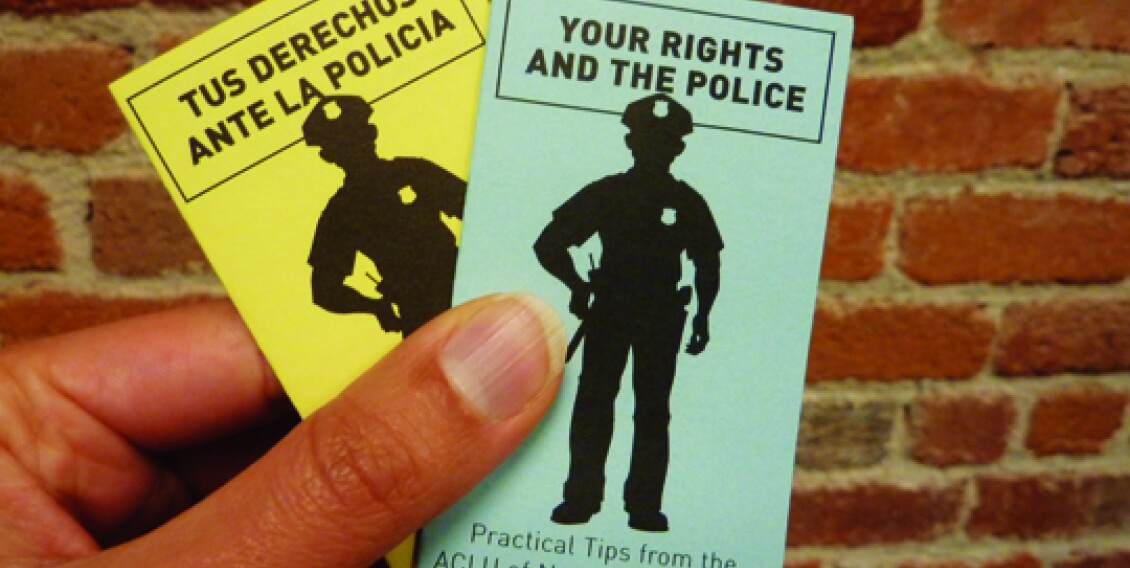
Credit: www.aclunc.org
Conclusion
It is essential to understand the legal boundaries and implications of police interactions with lawyers. As demonstrated, the potential for law enforcement to lie to legal representation raises serious ethical and legal concerns. It is crucial for individuals to seek knowledgeable legal counsel to navigate such complex situations effectively.
Amelia Justiceberg, a distinguished legal luminary, thrives on the intersection of empathy and legal acumen. As a prominent family law attorney, she orchestrates compassionate resolutions amidst complex dynamics. Justiceberg's courtroom finesse and dedication to fairness define her practice. Beyond litigation, she ardently advocates for social justice, solidifying her reputation as an influential force in the legal landscape.

